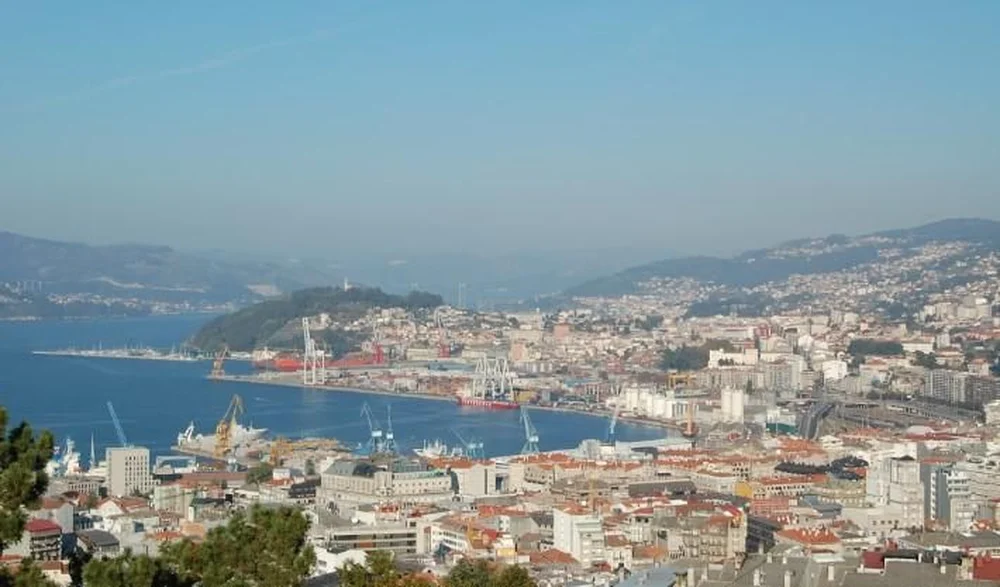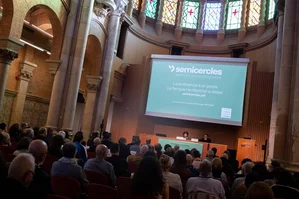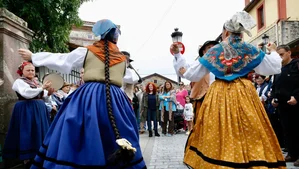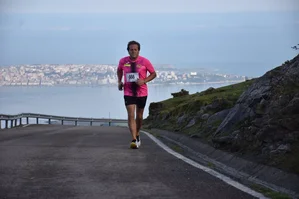Galicia Embraces Its Native Language: A Surge in Galician Speakers

In a heartening trend for cultural preservation, the autonomous community of Galicia in northwest Spain is witnessing a significant resurgence in the use of its native language, Galician. This development is particularly noteworthy for expats living in Spain who are interested in the rich cultural heritage of the regions they call home.
A Historical Context
Galicia, with its capital in Santiago de Compostela, has a long and storied history. The region was first inhabited during the Middle Paleolithic period and was later named after the Gallaeci, a Celtic people who lived north of the Douro River. Over the centuries, Galicia has been part of various kingdoms and empires, including the Roman Empire and the Visigoth kingdom, before being integrated into the Kingdom of León and later the Kingdom of Castile[1].
The Revival of Galician
Despite historical fluctuations in its usage, Galician has remained a vibrant part of Galician identity. In the late 19th and early 20th centuries, the Rexurdimento movement focused on the recovery of the Galician language as a vehicle for social and cultural expression. This movement was spearheaded by notable writers such as Rosalía de Castro, Manuel Murguía, and Eduardo Pondal[1].
In recent years, there has been a marked increase in the number of people speaking Galician. According to a recent survey, a significant portion of the Galician population now uses Galician as their primary language in daily life. This shift is attributed to various factors, including educational initiatives, cultural programs, and a growing sense of regional pride.
Educational Initiatives
Schools in Galicia have played a crucial role in promoting the Galician language. Many educational institutions now offer bilingual programs where both Galician and Spanish are taught. This dual-language approach has helped to ensure that younger generations are fluent in both languages, thereby preserving the cultural heritage of the region.
Cultural Programs
Cultural events and programs have also contributed to the resurgence of Galician. The Xunta de Galicia, the local devolved government, has implemented various initiatives to promote the language and culture. These include festivals, literary competitions, and language courses for adults. The Royal Galician Academy, responsible for regulating the Galician language, has been instrumental in standardizing and promoting the language[1].
Community Engagement
The community itself has been actively involved in the revival of Galician. Local associations and community groups have organized language classes, cultural workshops, and social events where Galician is the primary language used. This grassroots movement has helped to create a sense of community and shared identity among Galicians.
Economic and Social Impact
The increased use of Galician has also had economic and social implications. Tourism, for instance, has benefited from the region's unique cultural identity. Visitors are drawn to the rich linguistic and cultural heritage of Galicia, with many opting to learn basic Galician phrases during their stay. This has created new opportunities for local businesses and has contributed to the regional economy[1].
Conclusion
The resurgence of Galician in Galicia is a testament to the region's strong cultural roots and the determination of its people to preserve their heritage. For expats living in Spain, this trend offers a unique opportunity to engage with and appreciate the diverse cultural landscape of the country. As Galicia continues to celebrate its native language, it stands as a vibrant example of how cultural identity can thrive in the modern world.
Related Stories

Plataforma per la Llengua Highlights the Bond Between Language and Identity
Plataforma per la Llengua champions the Catalan language as key to identity in Catalonia, countering threats to the region's linguistic heritage.

Community Honors Rural Women on International Day of Rural Women
Cabezón de la Sal honors rural women with "Sembrando futuro" theme on International Day of Rural Women, celebrating their pivotal role in community and agriculture.

Traditional Nocturnal Ascent to Peña Cabarga Returns
Cantabria's cherished nocturnal hike, "Subida Nocturna a Peña Cabarga," returns this October, offering a unique journey through stunning landscapes under the stars.

New Edition of the Ruta del Misterio: Unveiling Paranormal Phenomena in Torrelavega
Torrelavega's Ruta del Misterio returns this October, promising a thrilling exploration of the paranormal across 10 enigmatic stops.

Horoscope Insights for Expats in Spain: Sunday, October 20, 2024
Expats in Spain, especially Scorpios, may face relationship challenges on October 20, 2024. Tips on navigating social circles and romantic friction included.